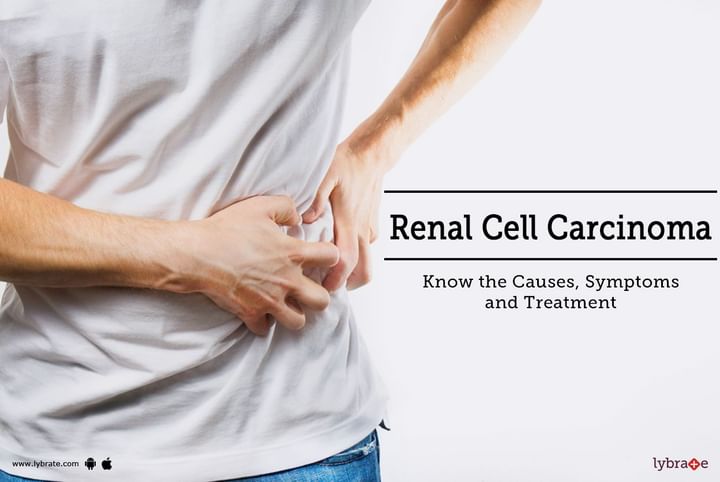Renal Cell Carcinoma - Know the Causes, Symptoms and Treatment
Kidney cancer can be of different types. In adults, renal cell carcinoma (RCC) is the most common form of kidney cancer that is diagnosed. It is also amongst the most fatal forms of cancer because it is fast-growing and often spreads to other organs like lungs.
What are the risk factors of renal cell carcinoma?
Exact reason for RCC is not known but there are some risk factors that increase your chance of getting this condition:
-
Age and gender: More cases are reported in men and between the age group of of 50-70.
-
Family history: Any family history of RCC puts you at a greater risk.
-
Metabolic disorders: Having hypertension, being overweight or obese can increase the risk of RCC later in life.
-
Use of tobacco: Smoking can cause many kidney problems including risk of cancer.
-
Genetic diseases: Diseases like polycystic kidney disease, Von Hippel-Lindau disease increases the risk of RCC.
-
Medications: Excessive use of over-the-counter medications or nonsteroidal anti-inflammatory drugs that are used to treat arthritis can also lead to RCC.
Signs and symptoms of renal cell carcinoma
RCC is often also called as a silent cancer, as there are no early signs, but as the condition progresses you may observe the following symptoms:
-
An abnormal lump or mass in the abdomen
-
Blood in the urine or hematuria
-
Loss of appetite and sudden weight loss
-
Fatigue or lethargy
-
Persistent pain in the side
-
In case of women, there is excessive hair growth
-
Pain around kidney area
How to treat renal cell carcinoma?
Depending upon the stage at which RCC is diagnosed, your doctor may use one or a combination of standard treatments. There are five different kinds of treatments that are most commonly used:
1. Surgery: Removal of kidney can be one of the treatment methods. Depending upon the stage and how far the tumour has spread, your doctor may remove a part of the kidney or complete kidney. It is called as nephrectomy.
2. Radiation therapy: Radiation i.e. high-energy X-rays are used to kill cancer cells.
3. Chemotherapy: In this method, drugs are used to kill cancer cells. Drugs are passed orally or intravenously in the bloodstream to kill cancer cells that may have spread to other parts.
4. Biologic therapy or immunotherapy: In this line of treatment enzymes are used to defend your body against cancer.
5. Targeted therapy: It is comparatively a new therapy, in which advance drugs are used to attack certain cancer cells without destroying the healthy cells.
Even if the cancer is cured or treated, there are chances that your kidneys functioning cannot be completely restored. Therefore, it is important to go for follow up health checkups and take your medicines properly as suggested by your doctor.


+1.svg)
